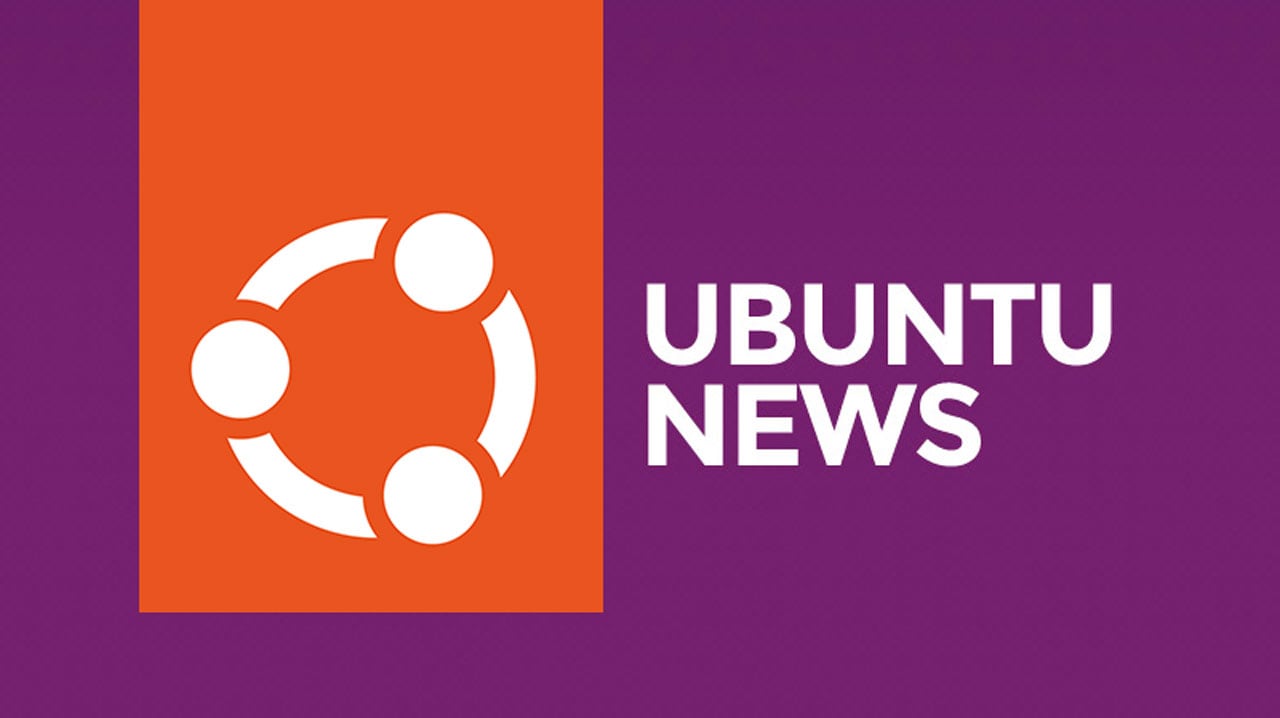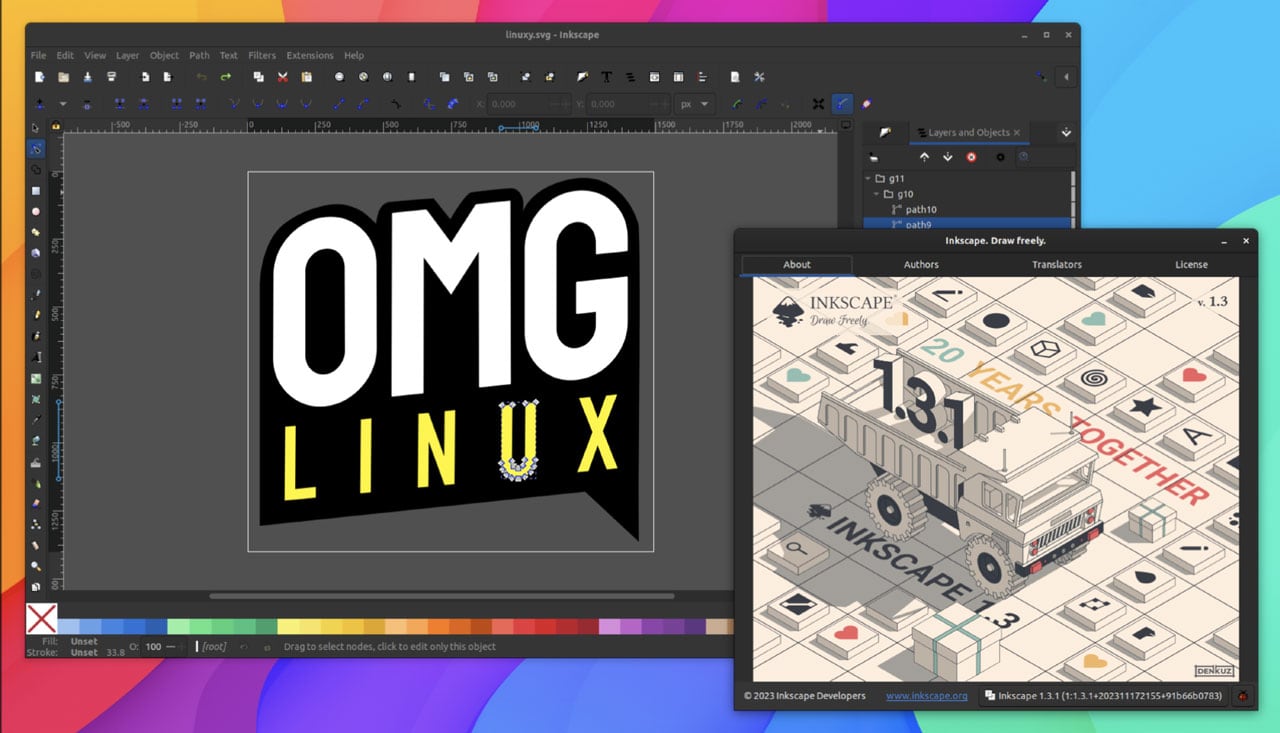Development of open-source AI models just got a major boost with the launch of the AI Alliance, a super-team made up of companies, developers, scientists, academics, and spearheaded by Meta and IBM, owners of Red Hat.
While governments around the world wrestle with ways to regulate AI to ensure development is safe, responsible, and not in going to lead to any sci-fi-esque doomsday scenarios, the newly-announced AI Alliance is aiming to offer an industry-led answer.
The Ai Alliance says it is “focused on fostering an open community and enabling developers and researchers to accelerate responsible innovation in AI while ensuring scientific rigor, trust, safety, security, diversity and economic competitiveness.”
Open-source AI models have a clear advantage over private models powering the likes of OpenAI’s ChatGPT and Google’s Bard. Anyone is free to contribute, which helps accelerate development and innovation, and because the code is freely available, anyone can vet it at any time to assuage safety, security, and other concerns.
And if things are amiss, open issues, contribute code, or make noise.
The AI Alliance is pooling its collective expertise, resources, nous, and ideas to aid, support, augment, develop, and advance open source AI, not just directly models, but assistive tech like benchmarking tools, new hardware, software integration, etc, in as many areas as it can, as many ways as it can.
It may read a trite optimistic or a bit wishy-washy, but the combined clout of the 50+ orgs and companies involved (see the list lower down) means there’s the necessary muscle here to make a major impact.
Or to quote Nick Clegg, president of Global Affairs at Meta: “We believe it’s better when AI is developed openly – more people can access the benefits, build innovative products and work on safety.”
The AI Alliance also plans to make new educational resources to help users, industry, and policymakers better understand the nuances, benefits, and potential pitfalls of AI as development continues.
IBM and Meta is joined by more than 50 partners — The Linux Foundation! Intel! Red Hat! Frickin’ NASA — that reads like veritable who’s who of heavy hitters from the tech industry, governmental organisations, and educational institutions:
- Agency for Science, Technology and Research (A*STAR)
- Aitomatic
- AMD
- Anyscale
- Cerebras
- CERN
- Cleveland Clinic
- Cornell University
- Dartmouth
- Dell Technologies
- Ecole Polytechnique Federale de Lausanne
- ETH Zurich
- Fast.ai
- Fenrir, Inc.
- FPT Software
- Hebrew University of Jerusalem
- Hugging Face
- IBM
- Abdus Salam International Centre for Theoretical Physics (ICTP)
- Imperial College London
- Indian Institute of Technology Bombay
- Institute for Computer Science, Artificial Intelligence
- Intel
- Keio University
- LangChain
- LlamaIndex
- Linux Foundation
- Mass Open Cloud Alliance, operated by Boston University and Harvard
- Meta
- Mohamed bin Zayed University of Artificial Intelligence
- MLCommons
- National Aeronautics and Space Administration
- National Science Foundation
- New York University
- NumFOCUS
- OpenTeams
- Oracle
- Partnership on AI
- Quansight
- Red Hat
- Rensselaer Polytechnic Institute
- Roadzen
- Sakana AI
- SB Intuitions
- ServiceNow
- Silo AI
- Simons Foundation
- Sony Group
- Stability AI
- Together AI
- TU Munich
- UC Berkeley College of Computing, Data Science, and Society
- University of Illinois Urbana-Champaign
- The University of Notre Dame
- The University of Texas at Austin
- The University of Tokyo
- Yale University
OpenAI, makers of ChatGPT, and Microsoft, an investor in OpenAI, are not among the initial members. Not a shocking omission, but you’d reason there’d be synergy. Google is also not involved.
Want to learn more about the AI Alliance?
Head to the new thealliance.ai website for an overview of the aims and ambitions, or read through the Red Hat press release for more specific details and quotes from some of the founding members.




